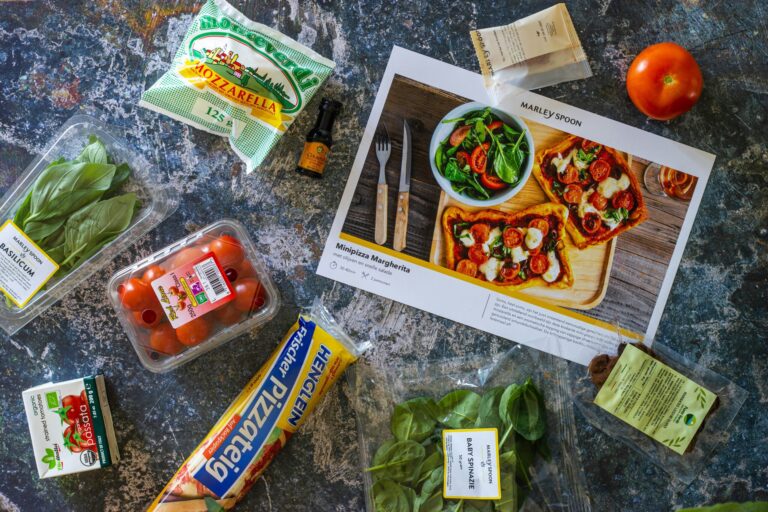On March 15, 2024, a new study revealed that meal kit services have now become a mainstream staple in American households, with over 25% of the U.S. population subscribing to one or more meal kit services. As people continue to seek convenience without sacrificing quality, meal kits are transforming the way we approach home cooking. From pre-portioned ingredients to easy-to-follow recipes, these services have revolutionized home dining, catering to busy individuals, families, and even culinary enthusiasts.
Meal kits have gained immense popularity, especially in the wake of the COVID-19 pandemic, when more people were forced to cook at home due to lockdowns and restaurant closures. Meal kit services offer the convenience of having fresh ingredients delivered right to the door, with recipes that can be prepared in less than 30 minutes. This model appeals to consumers who are time-pressed but still want to enjoy homemade, nutritious meals.
There are now a variety of meal kit options to cater to different dietary preferences, including vegan, keto, and gluten-free. Additionally, some companies are offering more sustainable packaging and eco-friendly options, addressing consumer concerns about waste and environmental impact.
The personalization aspect has also grown. Subscription services are using data to recommend meals based on past preferences, making the process even more tailored and enjoyable. For those who might otherwise resort to fast food or frozen meals, meal kits provide an accessible and healthier alternative.
Despite the convenience of meal kits, some critics argue that they can be expensive compared to buying ingredients at the grocery store, and there are concerns about the environmental impact of packaging. However, companies are increasingly exploring more sustainable practices, such as reducing plastic waste and using biodegradable materials.
For many, meal kits have made home cooking more accessible, enjoyable, and less intimidating, providing a stepping stone to a healthier and more creative approach to food preparation. As the meal kit market continues to evolve, experts predict that the trend will only grow, particularly as consumers continue to prioritize convenience, sustainability, and healthier food options.



